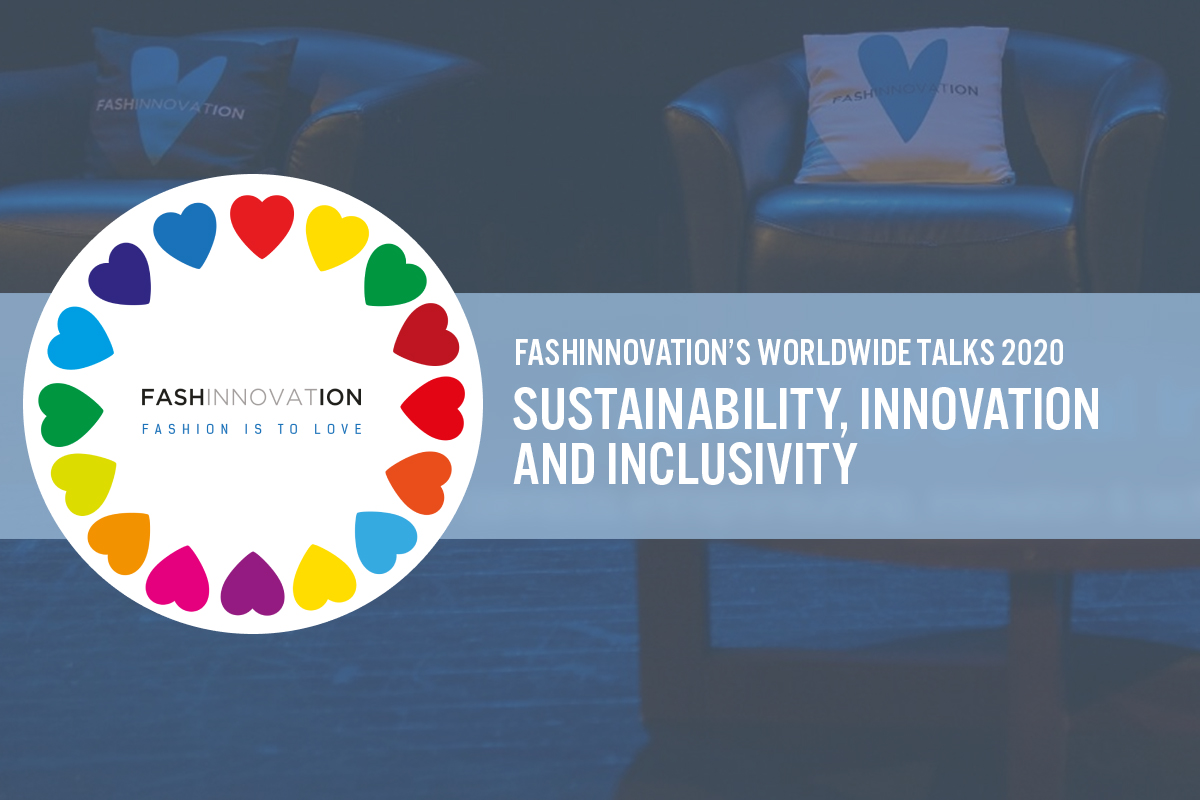
DIpil Das
Fashinnovation, which connects entrepreneurship, innovation and technology with the fashion industry, hosted the second edition of its Worldwide Talks 2020 digital event on June 5 and 8. The event was held in partnership with Oceana and the Conscious Fashion Campaign, with support from the UN Office for Partnerships. It featured 50 panels and over 150 industry participants and saw more than 20,000 attendees.